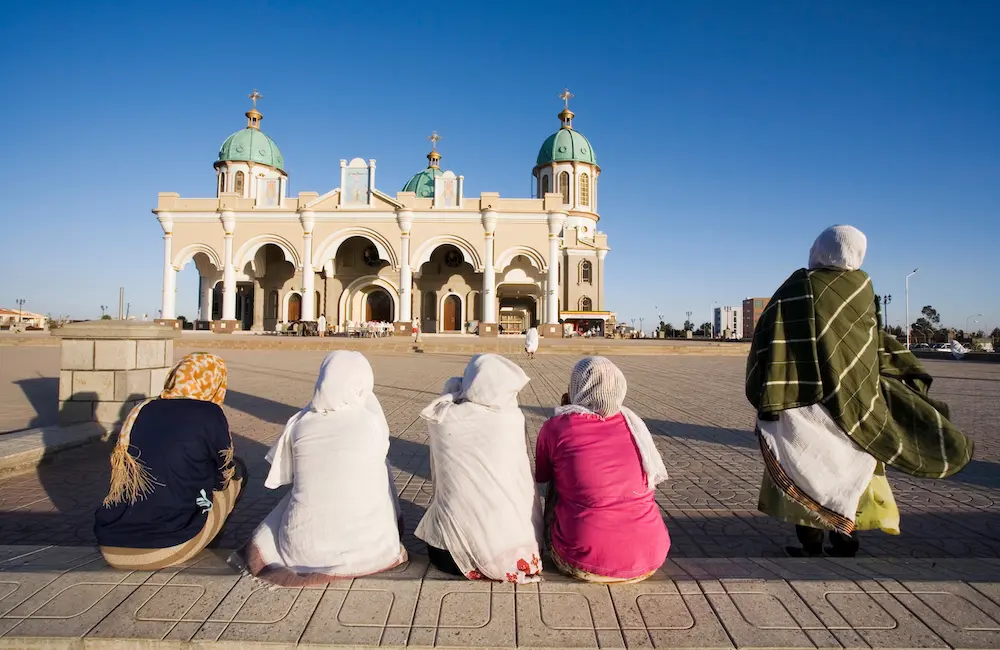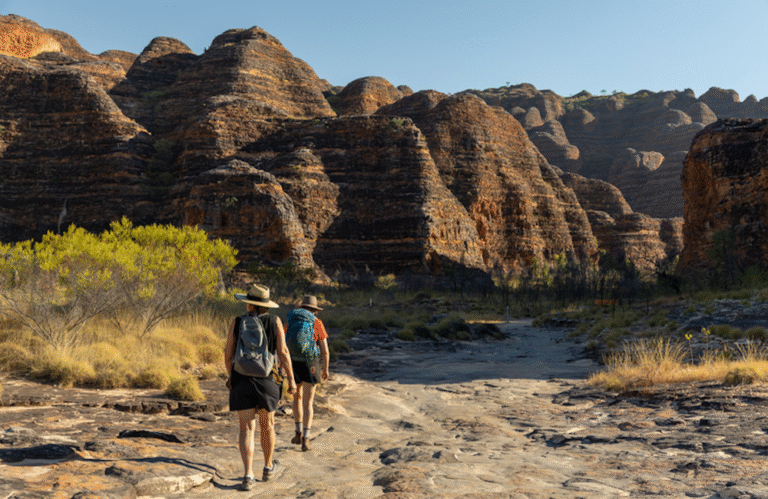They’re the countries the Australian government deems risky. But not super risky. They’re not exactly no-gone zones, but destinations to which the federal government currently advises to “avoid non-essential travel”.
The Department of Foreign Affairs and Trade’s (DFAT) highest warning for overseas-bound Australians is the “Do not travel” level of advice (level four). These are the destinations, the mere mention of which could send a chill down your spine. You can check out all of the 22 countries on that list here.
Below that, Aussies are officially warned to “Reconsider their need to travel” to 11 countries (level three). According to DFAT, this could be due to:
- an ongoing threat of terrorism or kidnapping
- travel disruptions
- frequent incidents of violent crime
- ongoing civil unrest
- widespread infectious disease
- other safety risks

Some countries are perennials on the list. Others, like New Caledonia, are more recent additions – perhaps due to an aberrational event. They’re perhaps even destinations for which the government could lower its advice any day.
So, where does DFAT currently advise Aussies to “Reconsider their need to travel”? Here’s the full list…
DESTINATION (REGION, LAST UPDATED)
- Israel & Occupied Palestinian Territories (Middle East, 15 Nov 2024)
- Nigeria (Africa, 24 Sep 2024)
- Burundi (Africa, 20 Aug 2024)
- Democratic Republic of the Congo (Africa, 19 Aug 2024)
- Ethiopia (Africa, 15 Jul 2024)
- Mauritania (Africa, 6 May 2024)
- Eritrea (Africa, 10 Jan 2024)
- Pakistan (Asia, 22 Oct 2024)
- Bangladesh (Asia, 24 Sep 2024)
- Turkmenistan (Asia, 15 May 2024)
- New Caledonia (Pacific, 5 Nov 2024)
What to remember

If you’re considering travelling to a ‘Level 3’ destination – to visit friends or relatives, to work or even to holiday – DFAT urges you to firstly “prioritise safety”.
Before jetting off, you should research your destination/s and check that your insurer will cover you. You should also pre-book safe accommodation and direct flights.
Plan contingencies for unsafe situations, including mapping out alternative routes, informing someone of your plans and carrying a charged phone with emergency contacts. Also, avoid sharing travel details publicly and regularly review security measures as risks may change quickly.
When travelling, heed local advice, avoid possible terrorism targets and minimise time spent in high-risk zones. In addition, avoid public transport options where possible and never carry items across borders for others.

“At level 3, there are serious and potentially life-threatening risks. This can make the destination unsafe for tourism and unsuitable for most travellers,” DFAT states.
The government also warns that it is limited in how and when it can help if you get into trouble.
“Conditions may change at any time. Be prepared for an extended stay or significant disruptions to travel.”
For more on Australia’s official travel advice, visit www.smartraveller.gov.au.






